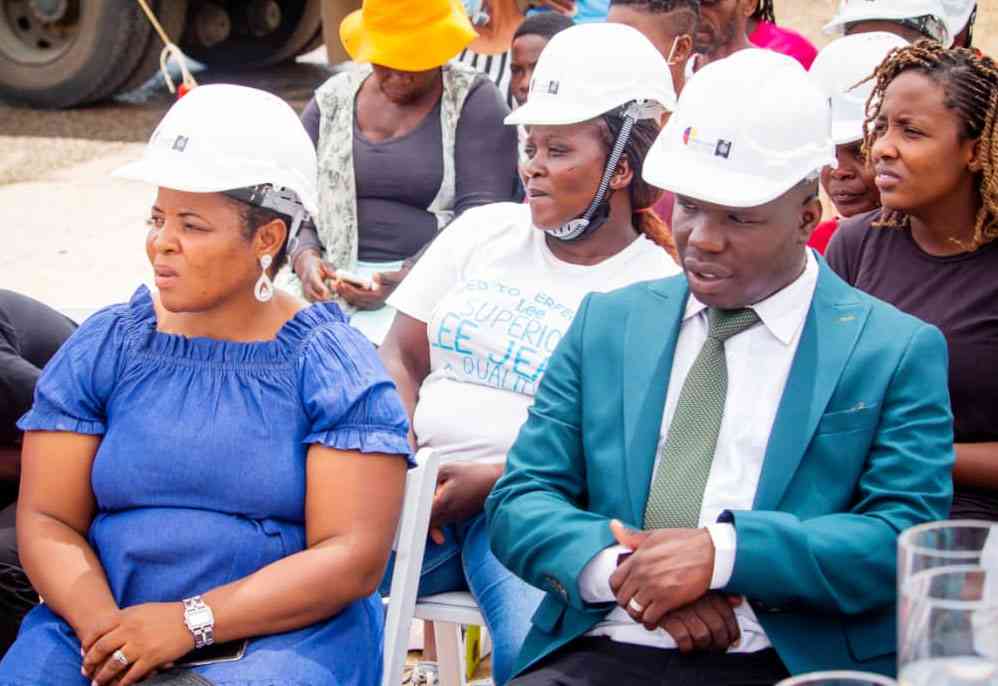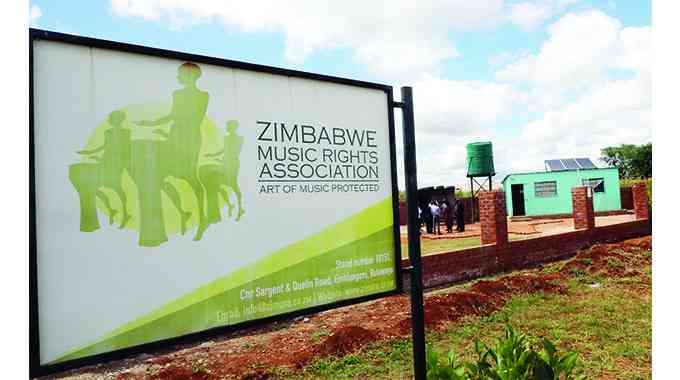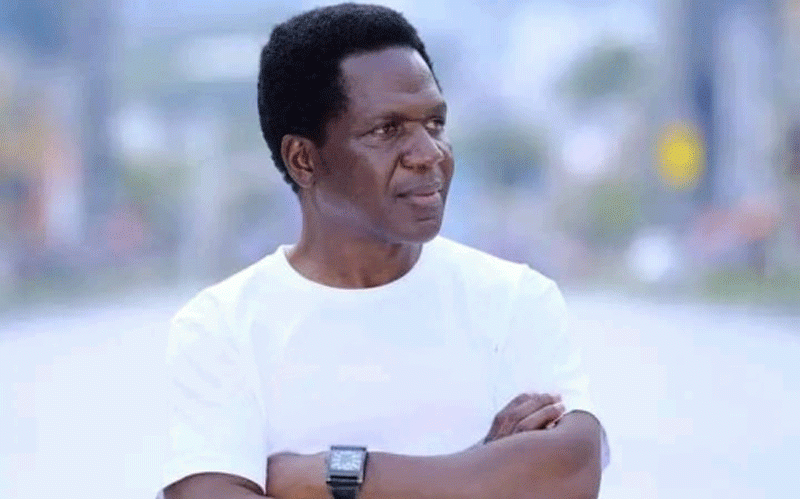
For nearly two decades, Evelyn Tinashe Kachirekwa, popularly known as Amai Kachirekwa, has been a beacon of hope for many disadvantaged communities across Zimbabwe.
Her name has become synonymous with compassion, empowerment, and the relentless pursuit of a better life for others.
From feeding thousands of families during the Covid-19 pandemic to fighting child abuse and drug addiction, Amai Kachirekwa has demonstrated that true power lies not in wealth, but in the will to uplift others.
“I believe philanthropy is not just about giving — it’s about giving people the power to rise again,” said Amai Kachirekwa, who has been active in charity work for many years.
“Our communities need more than donations; they need empowerment, dignity and hope.”
In one of her most notable projects, Amai Kachirekwa donated a 50kVA transformer to Morris Primary and Secondary schools in Murewa after thieves had left the schools in darkness for months.
Her intervention restored power to the learning institutions, enabling both teachers and learners to continue their work effectively.
“Education is the foundation of progress,” she explained.
- Young entrepreneur dreams big
- Chibuku NeShamwari holds onto ethos of culture
- Health talk: Be wary of measles, its a deadly disease
- Macheso, Dhewa inspired me: Chinembiri
Keep Reading
“When I heard that children were learning in darkness, I felt I had to do something. A lit classroom means a brighter future.”
Her husband, Edzai Kachirekwa, the chief executive officer of Power Giants, said her compassion constantly inspires him.
“Evelyn’s work reminds me of where I came from,” he said.
“I grew up in the streets of Harare with almost nothing. I had to work my way up, studying electrical engineering against all odds. Seeing her use that same passion to give light — both literally and figuratively — is humbling.”
When the Covid-19 pandemic struck, public transport operators were among the hardest hit. Amai Kachirekwa launched the Mahwindi Covid-19 relief programme, which fed over 1 000 families of kombi drivers and touts who had lost their incomes due to lockdown restrictions.
“I saw the despair in the eyes of many young men who could no longer fend for their families,” she recalled.
“They were the unseen victims of the pandemic. We had to bring back their dignity through food and compassion.”
Amai Kachirekwa has also been on the frontline of the fight against drug and substance abuse in high-density suburbs such as Mabvuku.
She has supported several empowerment projects aimed at young people — particularly women — helping them acquire skills, mentorship, and connections to potential investors.
“Drugs are destroying our youth,” she said. “We cannot just preach abstinence; we have to create opportunities. Once young people feel valued and productive, they stay away from drugs.”
In her tireless advocacy against child abuse and early marriages, Amai Kachirekwa teamed up with some of Zimbabwe’s top musicians to produce the awareness song Regai Dzive Shiri, a national campaign anthem that addressed the plight of the boy and girl child.
The project featured big names such as Selmor Mtukudzi, Tendai Manatsa, Minister Michael Mahendere, Fungisai Mashavave, Amai Chisamba, and IYASA, among others.
“This was one of my proudest moments,” she reflected.
“Music reaches the heart. By working with our top artists, we wanted to send a message to every village, every home — that abuse must stop.”
The campaign took her to various communities, where she also conducted awareness sessions in schools on topics such as sexually transmitted diseases, self-preservation, and the importance of education for the girl child.
Beyond social empowerment, Amai Kachirekwa has also been a visible face in clean-up campaigns, promoting what she calls the “Smart Citizens, Smart Homes, Smart Country” movement.
“I believe cleanliness is part of nation-building,” she says with a smile. “We cannot speak of development while our environment is dirty. A clean space reflects a clean mind.”
Despite her remarkable journey, Amai Kachirekwa admits that funding remains a major challenge. “There is so much need, but resources are limited,” she confessed.
“Sometimes I have to use personal funds, but I remain hopeful that more partners will join this mission.”
Her husband agrees. “We started with nothing,” he said. “So we understand what it means to struggle. Evelyn’s work is a continuation of our story — a story of resilience, of using our success to bring light to others.”
Amai Kachirekwa’s philanthropic spirit continues to touch thousands.
Her work — ranging from education, health, gender rights to youth empowerment — stands as a testament to what happens when passion meets purpose.
As she reflects on her journey, she smiled and said softly: “Philanthropy is not a job — it’s a calling. And as long as there’s darkness in someone’s life, I’ll keep finding ways to light it up.”
- The African Philanthropy Network (APN) is documenting success stories of African individuals and organizations engaged in philanthropic acts to raise awareness and to motivate locally driven development.











